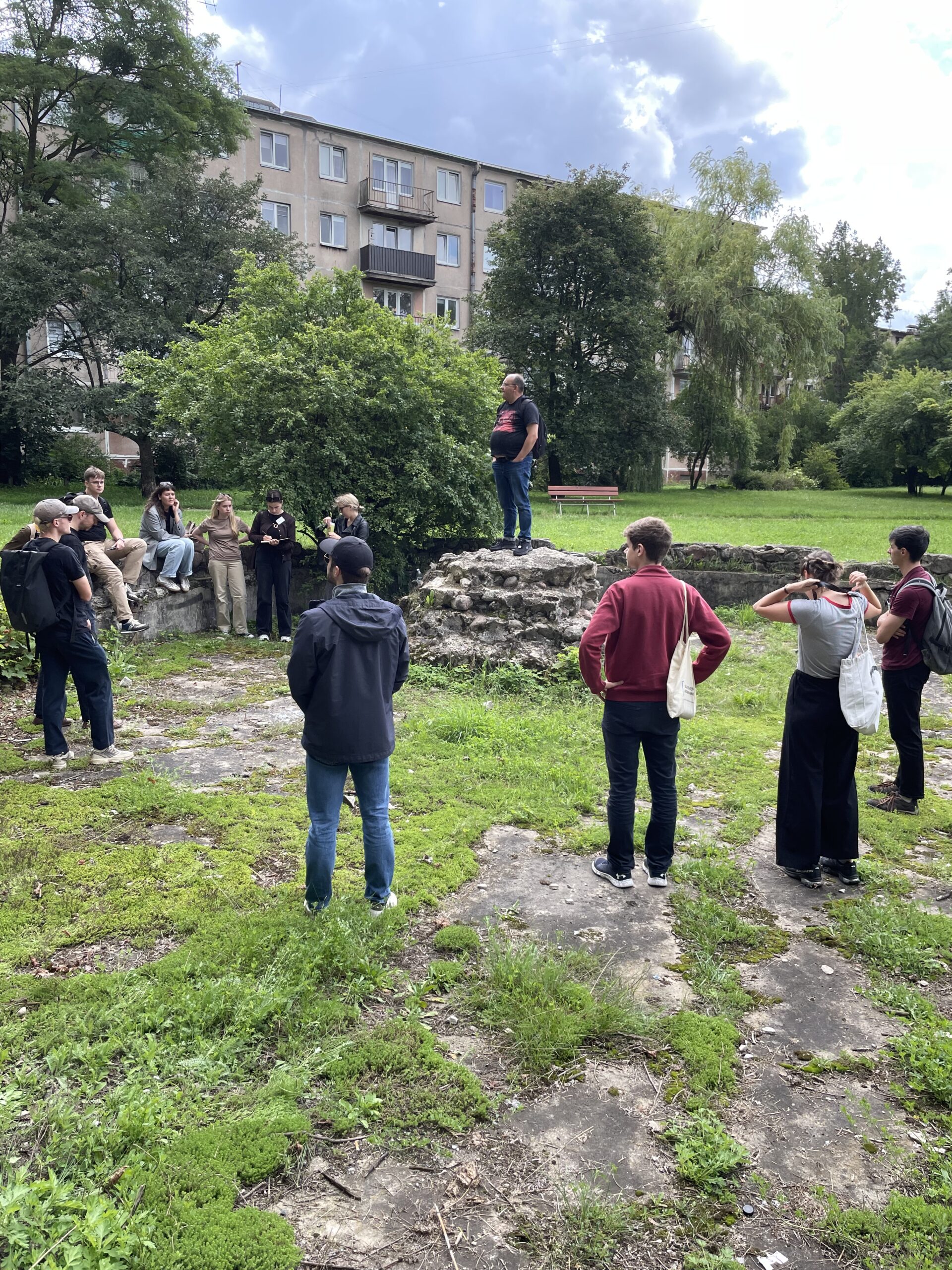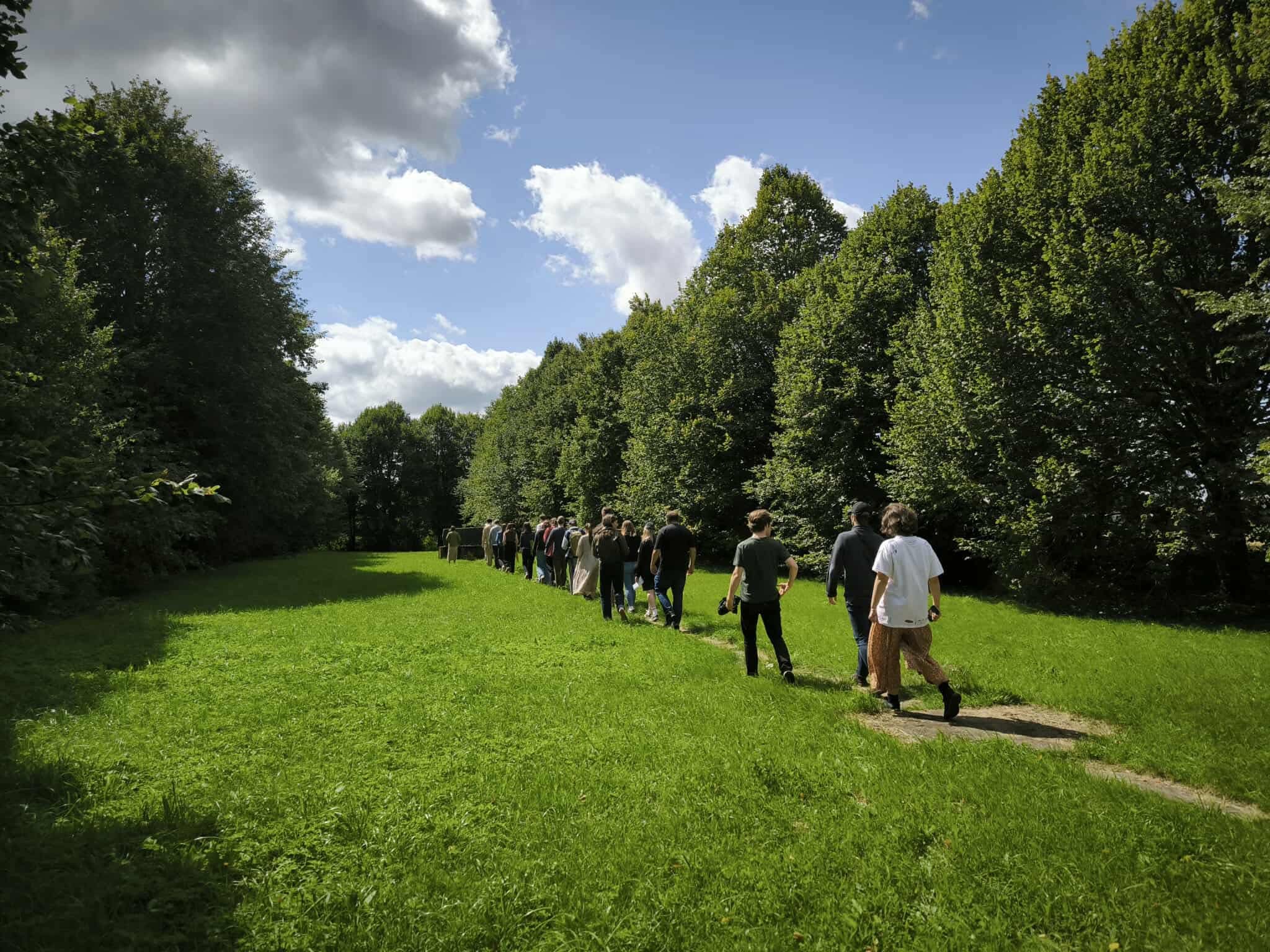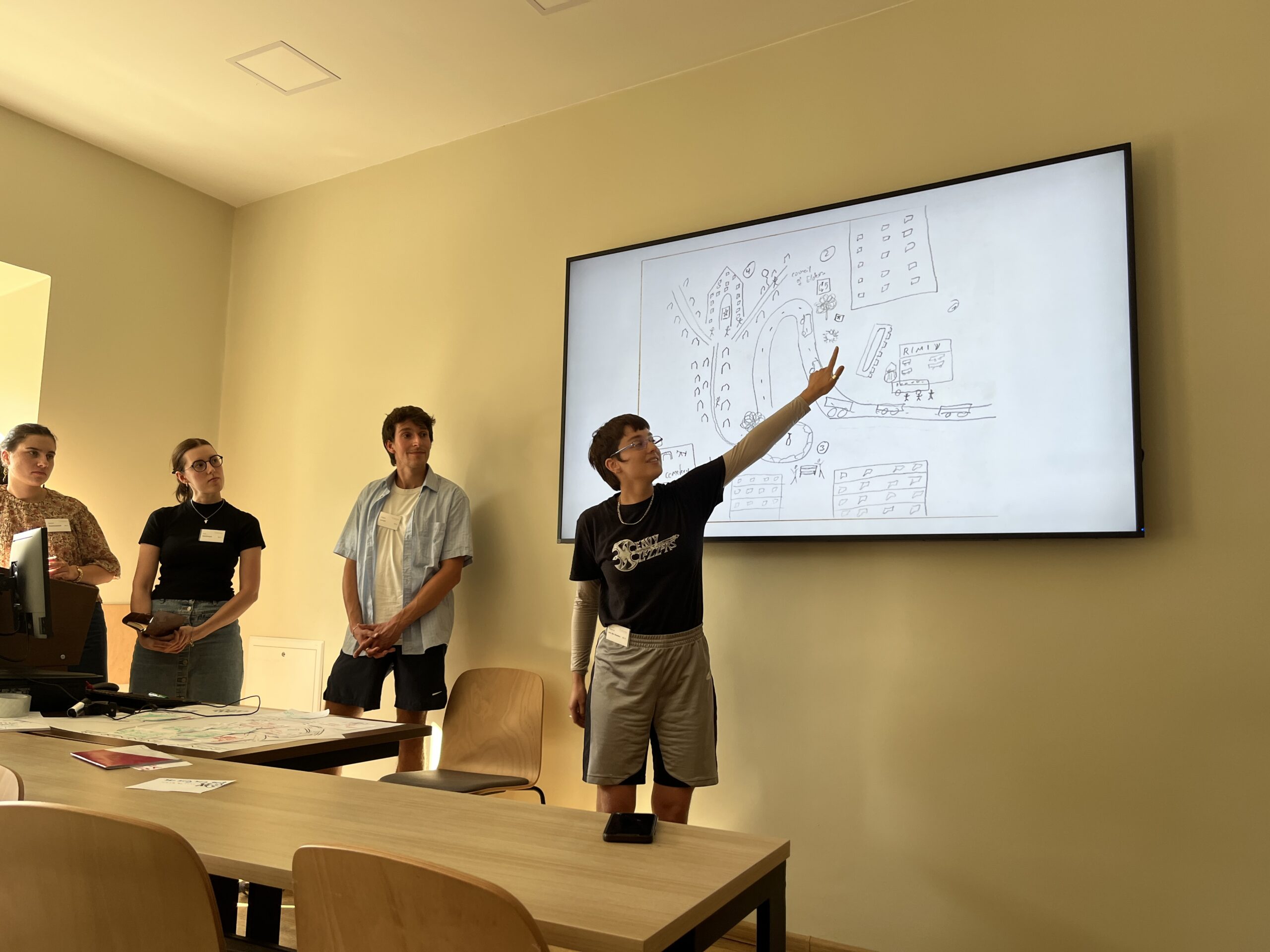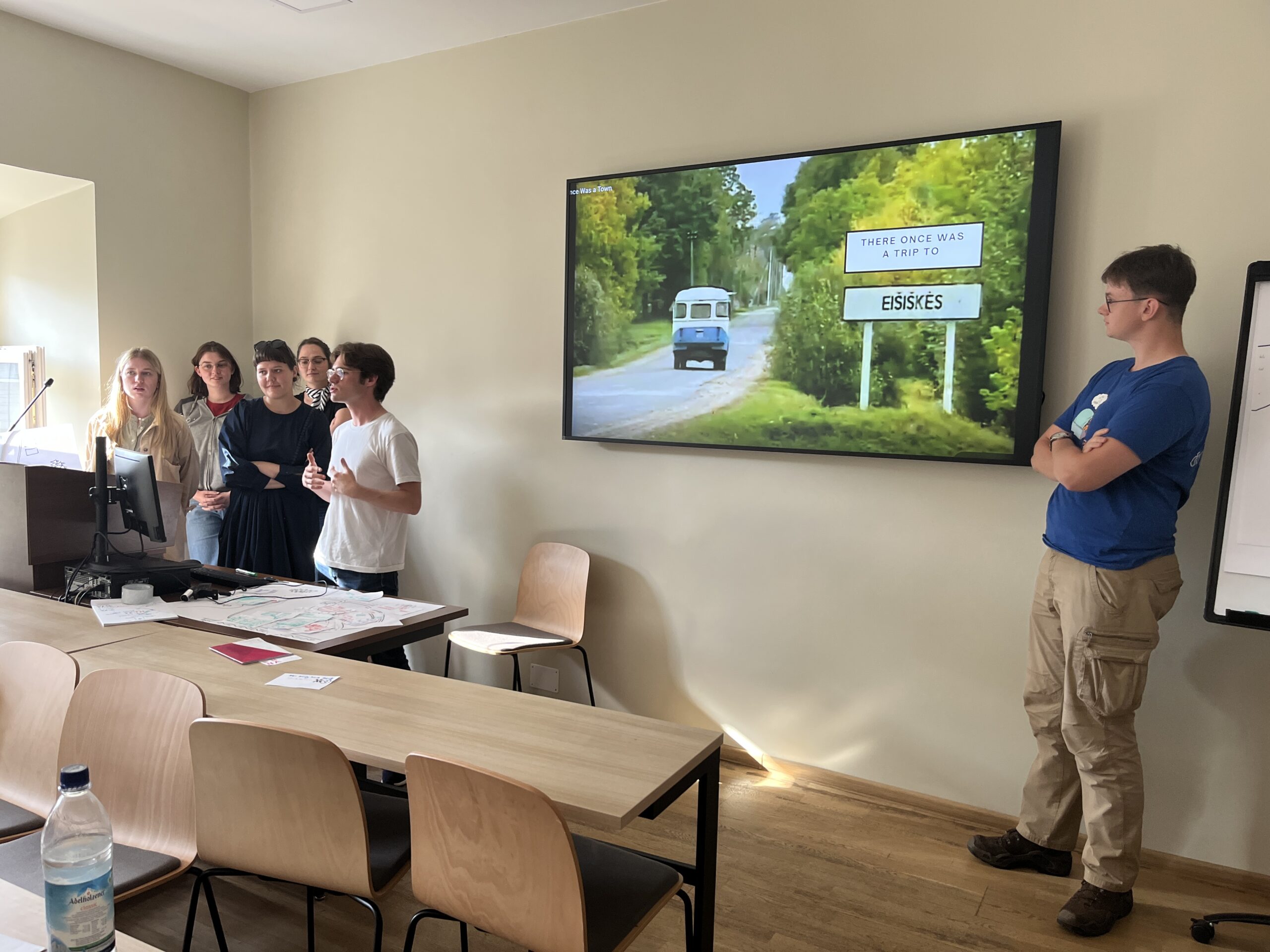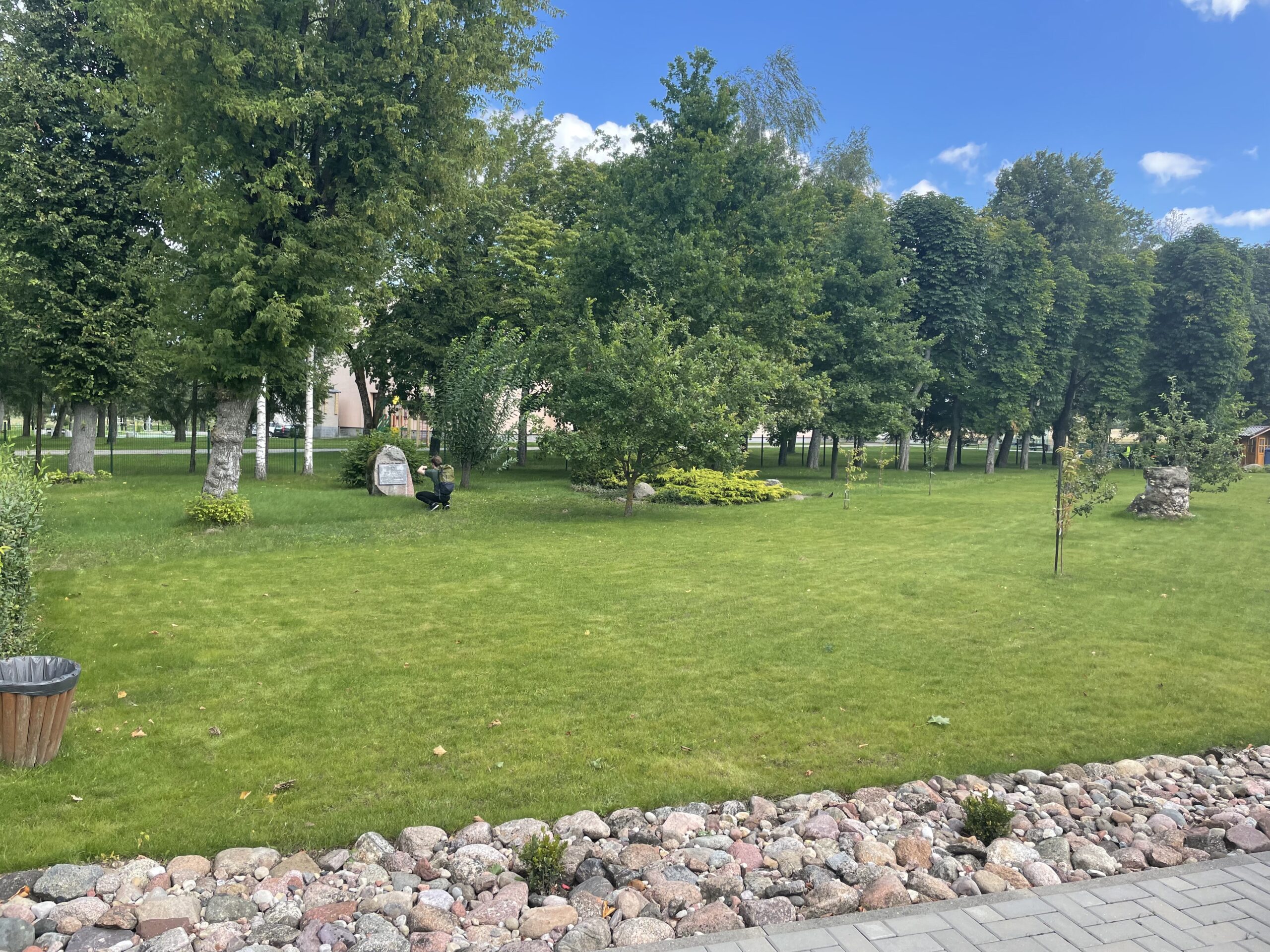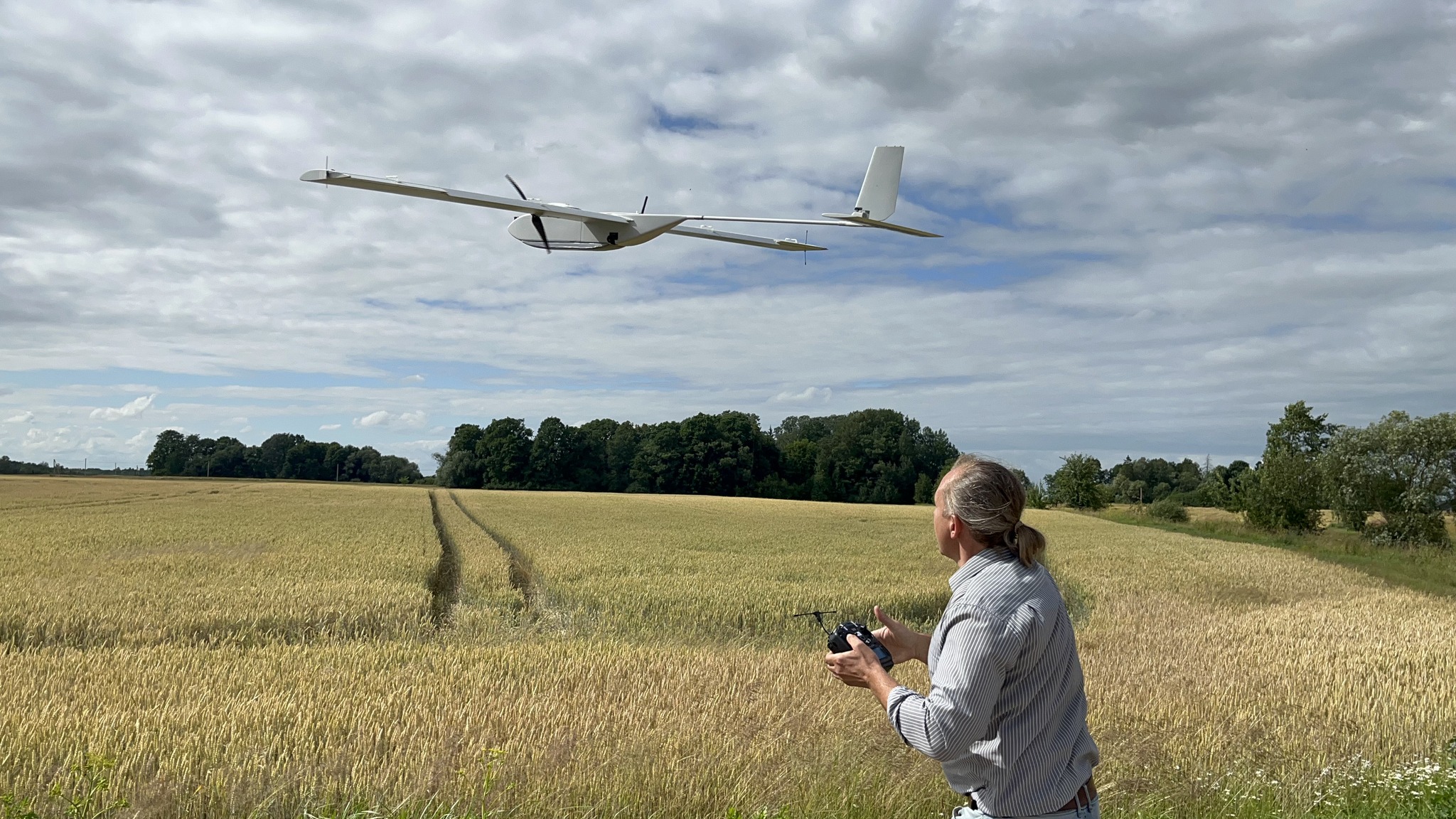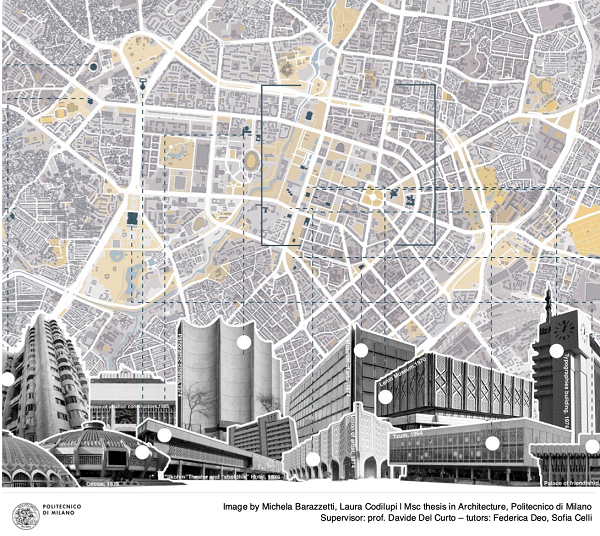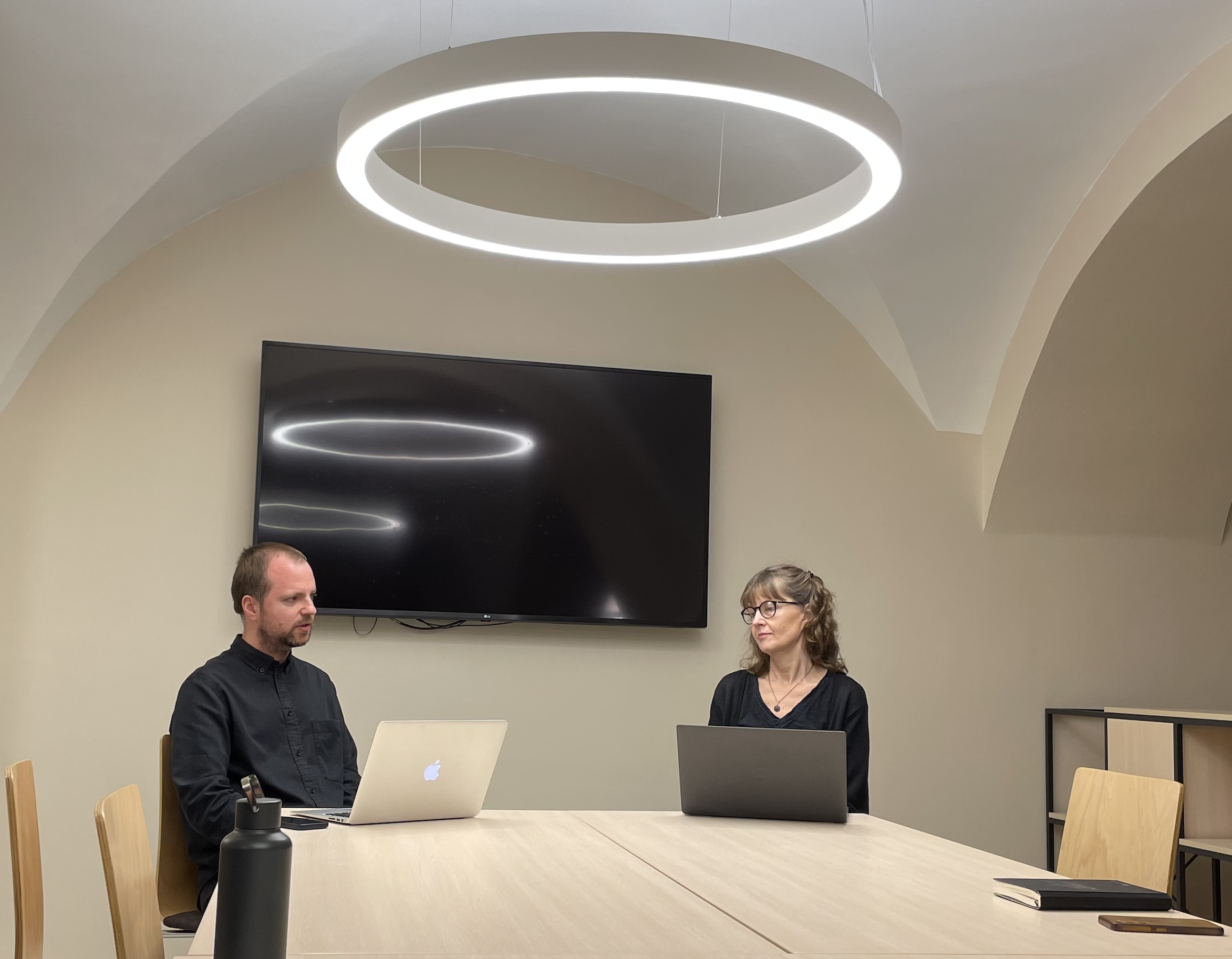The summer school “Post-Holocaust Landscapes: Transformation of Space and Memory in Soviet Lithuania” has just concluded. Over several days, students from Germany, Ukraine, Lithuania, and Belarus explored how spaces were transformed both physically and symbolically, how meanings shifted, and how Soviet policies shaped, reframed, or silenced Holocaust memory.
During the Holocaust, almost 200,000 Jews were killed in Lithuania, resulting in dramatic changes in society, the living environment, and social relationships. The program invited participants to examine Soviet Lithuanian society after the Holocaust through the lenses of environmental history, eco-social history, and memory studies. The Holocaust encompassed diverse social and natural spaces, from temporary roundup sites and ghettos to emptied towns, mass murder sites, and hiding places.
During fieldwork in Vilnius, Kaunas, and Eišiškės, students explored the subjectivities of memory, the varied perceptions of sites, and the personal connections that emerge when history is experienced in place. They engaged with concepts such as eco-memory and non-sites of memory, and experimented with mental mapping, creating their own maps to reflect on and interpret the visits.
The program was guided by PAScapes researchers Nerijus Šepetys, Tomas Vaiseta, and Rugilė Rožėnė.
Thanks to all participants, lecturers, and partners for helping make this summer school both intellectually challenging and rewarding.
This event was organized by the German Academic Scholarship Foundation (Studienstiftung des deutschen Volkes), Vilnius University (Faculty of History), and the European Humanities University.
